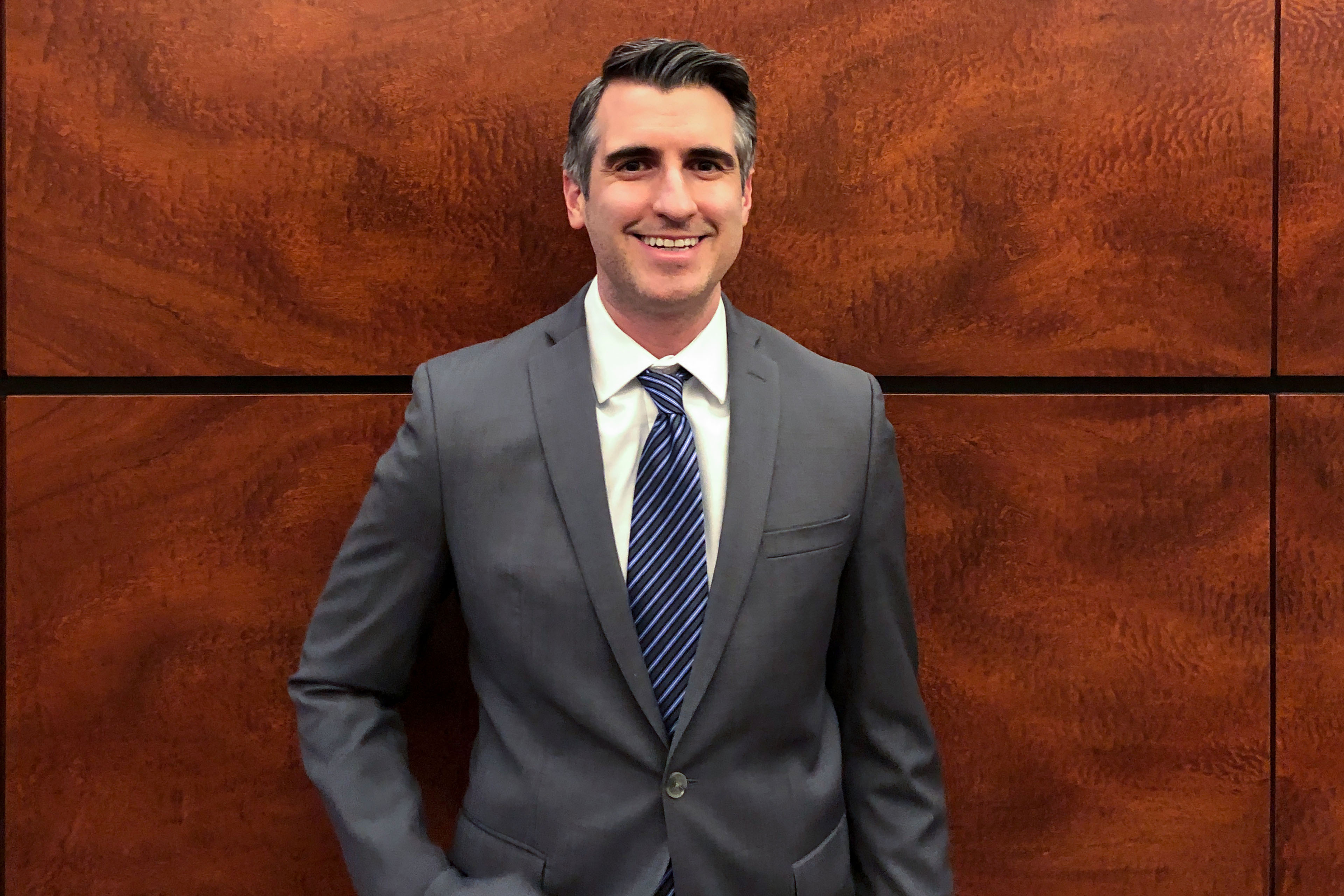EY refers to the global organization, and may refer to one or more, of the member firms of Ernst & Young Global Limited, each of which is a separate legal entity. Ernst & Young Global Limited, a UK company limited by guarantee, does not provide services to clients.
EY survey: AI adoption outpaces governance as risk awareness among the C-suite remains low
- Only a third of companies have responsible controls for current AI models despite nearly three-quarters having AI integrated into initiatives across the organization
- C-suite executives are on average half as worried as consumers about adherence to responsible AI principles
- CEOs show greater concern about AI risks than other C-suite leaders do
The EY organization today released findings from its Responsible AI Pulse survey, revealing a substantial gap between how confident C-suite executives feel about their artificial intelligence (AI) systems and the current level of governance controls in place.
Seventy-two percent of executives surveyed say their organizations have “integrated and scaled AI” in most or all initiatives and nearly all (99%) are at least in the process of doing so, yet only a third of companies have in place the proper protocols to adhere to all the facets of the EY Responsible AI framework.
The research is the first of a series aiming to evaluate how enterprises perceive and integrate responsible AI practices into their business models, decision-making processes and innovation strategies. The insights were gathered in March and April 2025 from 975 C-suite leaders across 21 countries.
The findings also revealed a substantial difference in perceptions between business leaders and the general population. Nearly two in three C-suite executives (63%) think they are well aligned with consumers on their perceptions and use of AI. However, this contrasts starkly with the findings of the recent EY AI Sentiment Index Study, which found consumers were on average more than twice as worried as the executives surveyed in the Pulse research across a range of AI-related concerns.
This includes concerns around the degree to which organizations fail to hold themselves accountable for negative AI use (58% consumers vs. 23% executives) as well as organizations not complying with AI policies and regulations (52% consumers vs. 23% executives). While there is general agreement in some areas, such as the value in using AI to automate routine tasks (63% consumers vs. 57% executives) and to simplify tasks that need technical or academic training (67% consumers vs. 59% executives), the clear differences in many key areas leave a critical void for leaders to address.
While on an individual basis, most firms have responsible AI principles in place, on average, organizations only have strong controls in three out of nine facets, which includes accountability, compliance and security.
Other key findings include:
CEOs bridge the divide between C-suite and consumer attitudes
Among the C-suite, CEOs demonstrate broader skepticism and caution and are consistently the least likely to claim their organizations have strong controls in place around AI. Only two in 10 (18%) CEOs state their organizations have strong controls for AI fairness and bias compared to the broader C-suite average of 33%. In addition, just 14% of CEOs believe their AI systems operate in adherence to regulations compared to 29% of their C-suite peers.
Critically, CEOs align most closely with consumer perception and sentiment around AI, compared to their C-suite counterparts. The average concern regarding responsible AI principles among CEOs sits at 38%, below the average consumer level of 53%, but far ahead of other boardroom roles which range from 23% to 28%.
Governance is lagging behind innovation
While executives are fully invested in the technology’s potential, about half admit it is challenging to develop governance frameworks for current AI technologies and that their frameworks aren’t ready for the next generation of AI technologies. However, there is at least recognition of this and 50% of organizations are making significant to extensive investments in developing governance frameworks for the risks and challenges these emerging AI technologies present.
Future AI adoption plans outpace risk awareness
Nearly all C-suite executives expect to use emerging AI technologies within the next year. While three-quarters (76%) of surveyed companies are currently using or planning to use agentic AI in the next year, only 56% are familiar with the associated risks. Even bigger gaps exist across other emerging areas, including synthetic data generation where 88% are utilizing the technology while only 55% are aware of risks.
Raj Sharma, EY Global Managing Partner - Growth and Innovation, says:
“Consumer concerns about AI responsibility impact brand trust, placing CEOs at the forefront of these discussions. Executives must address these issues by developing responsible strategies to mitigate AI risks and being transparent about their organization’s use and protection of AI.”
The full survey findings can be found here.
The EY organization unveils this research at its EY World Entrepreneur Of The Year™ 2025 celebration and award ceremony held in Monaco's Salle des Etoiles. This annual event celebrates the accomplishments of visionary leaders who are shaping the future with confidence, bringing together founders, CEOs, and business leaders for a series of networking opportunities and workshops.
-ends-
Methodology
In March and April 2025, EY surveyed 975 C-suite leaders across seven roles including chief executive officers, chief financial officers, chief human resource officers, chief information officers, chief technology officers, chief marketing officers and chief risk officers. All respondents had some level of responsibility for AI within their organization. Respondents represented organizations with over US $1 billion in annual revenue across all major sectors and 21 countries in the Americas; Asia-Pacific (APAC); and Europe, the Middle East, India and Africa (EMEIA).
About EY
EY is building a better working world by creating new value for clients, people, society and the planet, while building trust in capital markets.
Enabled by data, AI and advanced technology, EY teams help clients shape the future with confidence and develop answers for the most pressing issues of today and tomorrow.
EY teams work across a full spectrum of services in assurance, consulting, tax, strategy and transactions. Fueled by sector insights, a globally connected, multi-disciplinary network and diverse ecosystem partners, EY teams can provide services in more than 150 countries and territories.
All in to shape the future with confidence.
EY refers to the global organization, and may refer to one or more, of the member firms of Ernst & Young Global Limited, each of which is a separate legal entity. Ernst & Young Global Limited, a UK company limited by guarantee, does not provide services to clients. Information about how EY collects and uses personal data and a description of the rights individuals have under data protection legislation are available via ey.com/privacy. EY member firms do not practice law where prohibited by local laws. For more information about our organization, please visit ey.com.
This news release has been issued by EYGM Limited, a member of the global EY organization that also does not provide any services to clients.
Related news
LONDON, 7 May 2025 — The EY organization today released its inaugural Media & Entertainment (M&E) Pulse Poll, examining the perceptions, attitudes and intentions of consumers worldwide towards experiential entertainment activities such as cruises, theme parks, local entertainment, sporting events, live entertainment, and casinos and resorts.
LONDON, 1 MAY 2025. A surge in business energy demand is reshaping the global energy landscape — and pushing energy providers to rethink how they support growth and deliver value.
Employee mobility critical to addressing talent gaps amid rising cost pressures, EY reports
LONDON, 29 APRIL 2025. Cost pressures and uncertain labor markets demand that employee mobility becomes a critical focus as companies worldwide use it as a strategic tool to help solve talent shortages, according to the EY 2025 Mobility Reimagined Survey released today.
LONDON, 23 April 2025. The EY organization today announces an alliance between Confluent, the data streaming pioneer, and Ernst & Young LLP (EY US) to help client industries build real-time, event-driven applications and gain real-time insights from their streaming data.
LONDON 15 APRIL 2025. Mental health care systems around the globe are struggling to respond to the mental health pressures with nearly half (49%) of respondents rating the mental health care system in their country as fair or poor – a much lower rating than respondents gave concerning the general health care system (42%), according to new research and interviews with health executives conducted by the EY organization.
Navigating uncertainty: Q1 2025 global IPO insights
LONDON, THURSDAY 10 APRIL 2025. Global IPO markets in the first quarter of 2025 have experienced profound uncertainty, shaped by significant geopolitical shifts and the rise of disruptive artificial intelligence (AI) models.









